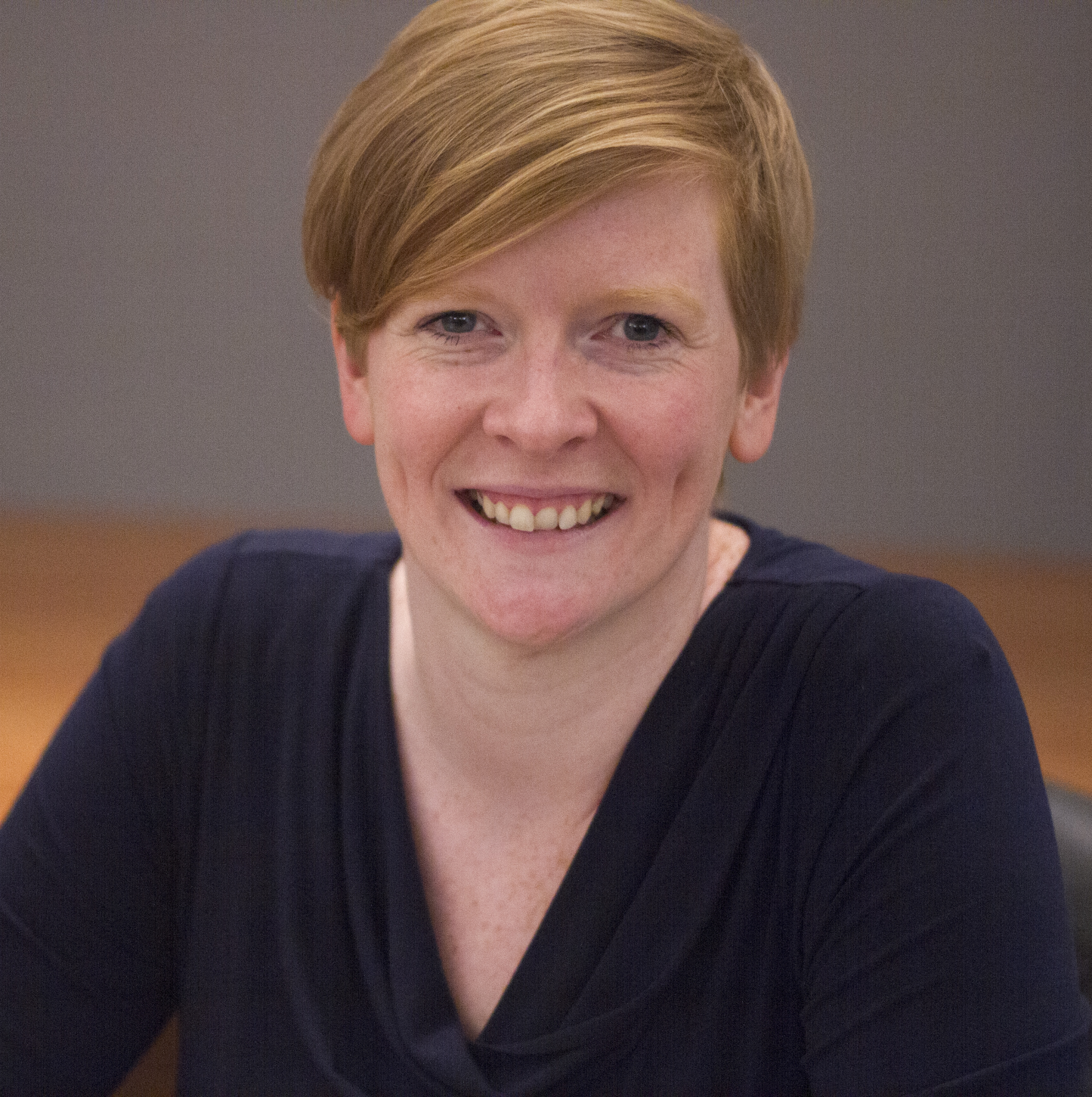
Frailty in cancer : it’s time to act
There is a growing evidence base and a number of interested healthcare professionals who are looking at onco-geriatrics and how older adults with cancer can receive the best possible care. However, there are many professionals working in cancer care who feel ill equipped to manage the complex needs of older adults. Dr Ash Lilis shares key learnings from the 2023 Macmillan Professionals Conference around identifying frailty, and why this is important when making early care decisions for patients living with cancer.
What is frailty?
But frailty is not an inevitable part of ageing; it is a long-term condition like diabetes or Alzheimer’s and can vary over time.
Frailty is also more prevalent in women and people with lower socio-economic status.
As the population of people living with cancer grows, especially when considering older adult populations and those with treatable but not curable cancer, the need for onco-geriatrics (cancer care for older adults) is something we cannot ignore.
When we talk about frailty and cancer, the first step is accurately identifying frailty and ensuring that this doesn’t lead to age discrimination. Age and frailty are two separate issues; you can be under 60 and very frail from multi-morbidities, or in your late 90s and only mildly frail. As healthcare professionals, we need to get better at recognising and recording frailty in order to improve care.
The Royal College of Radiologists (RCR) have recently coordinated a working group, which included Macmillan Cancer Support, to produce practical guidance on introducing frailty assessments in cancer pathways. At the Macmillan Professionals Conference last November, I led a session where one of the authors of this guidance, Dr Anthea Cree, talked about practical ways to implement the guidance in local services.
What matters most
Anthea reflected that things may (or may not) have been different if the treatment had started with a question of what was most important to this patient: to remain independent and stay in her own home. It prompted us all in the room to think: could we start the assessment of an older person with cancer by asking the question ‘what matters to me’ before looking at their cancer type, stage and status? This would be a huge step forward in personalised care and may help reduce pressure on services, as early conversations can often avoid invasive and costly investigations or treatments.
It takes a village
At the end of the session, we asked the nearly 100 professionals in the room to share one action they would take, and to name one person or service they would contact when they went back to their clinical roles the following week. I imagined that most of them would respond with an action to talk to a local geriatrician, but the breadth of responses really showed how broadly we need to think when it comes to supporting someone living with cancer and frailty.
Responses included linking up with their lead cancer nurses and clinicians to ensure that frailty scores were included in Multi Disciplinary Team (MDT) discussions (only one or two of the attendees currently had frailty scores included in MDT conversations). Nearly a quarter of attendees also mentioned they would aim to link up with community services including charities such as Citizens Advice, Age UK and Marie Curie, as well as local community-based NHS services like falls services, community rehab and palliative care.



